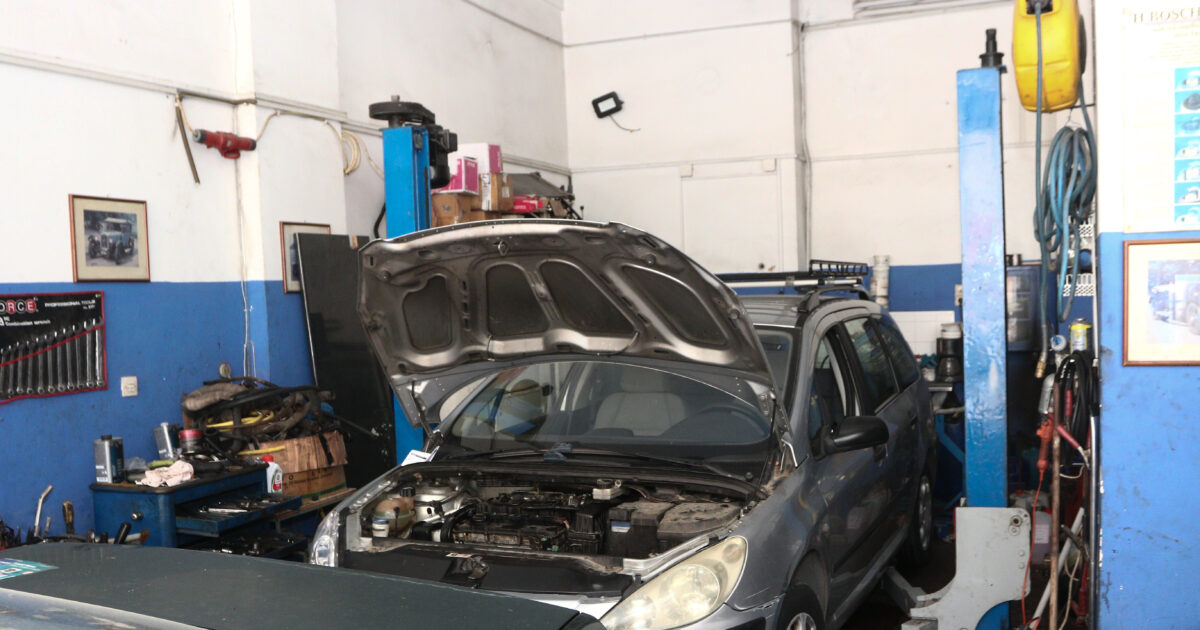Strike mobilizations is caused by mandatory implementation of the digital clientele today, with the industry of workshop repair and maintenance vehicle To argue that in many cases the measure is inappropriate and causes “digital suffocation” to professionals.
These are repeated 24 -hour strikes from workshops, washing machines, parking and vehicle rentals, in response to the new measure of the Independent Public Revenue Authority (AADE) and the government’s refusal to give a reasonable extension in order to correct the injustices.
The mobilizations against the compulsory recording and sending in real time of the data of each technical work on vehicles coincides with the gradual culmination of the summer exit and the necessary technical support for their vehicles.
The strike covers all professionals in the field: car workshops, ranchers, alarm and sound installation companies in vehicles, washing machines, parking and car rental and motorcycles.
From today, these businesses are obliged to register every work they are doing and send the data to AADE through a digital platform, with the aim of “enhancing tax compliance”.
‘Digital suffocation’
However, professionals in the industry refer to “digital suffocation”, stressing that the majority of small and family workshops do not have infrastructure, staff or technical training for immediate implementation of the measure.
As they point out, there has been no transitional period, nor a guidance by the competent authorities, and the framework for which work is recorded is considered “cloudy and potentially dangerous”, as it creates legal insecurity and fear of arbitrary interpretations and fines.
The new obligation is being added to the already complex digital ecosystem that includes mydata and the digital shipping note, creating- according to professionals- unfair competition to the detriment of those who do not have organized accounts and technical support.
AADE defends the measure by highlighting its data that show high rates of tax evasion in the industry: 67% in workshops, 60% in washing machines and 41% in parking.
“The new system, instead of enhancing transparency, will affect the survival of thousands of small and medium -sized companies that are the backbone of the market,” professionals warn.
